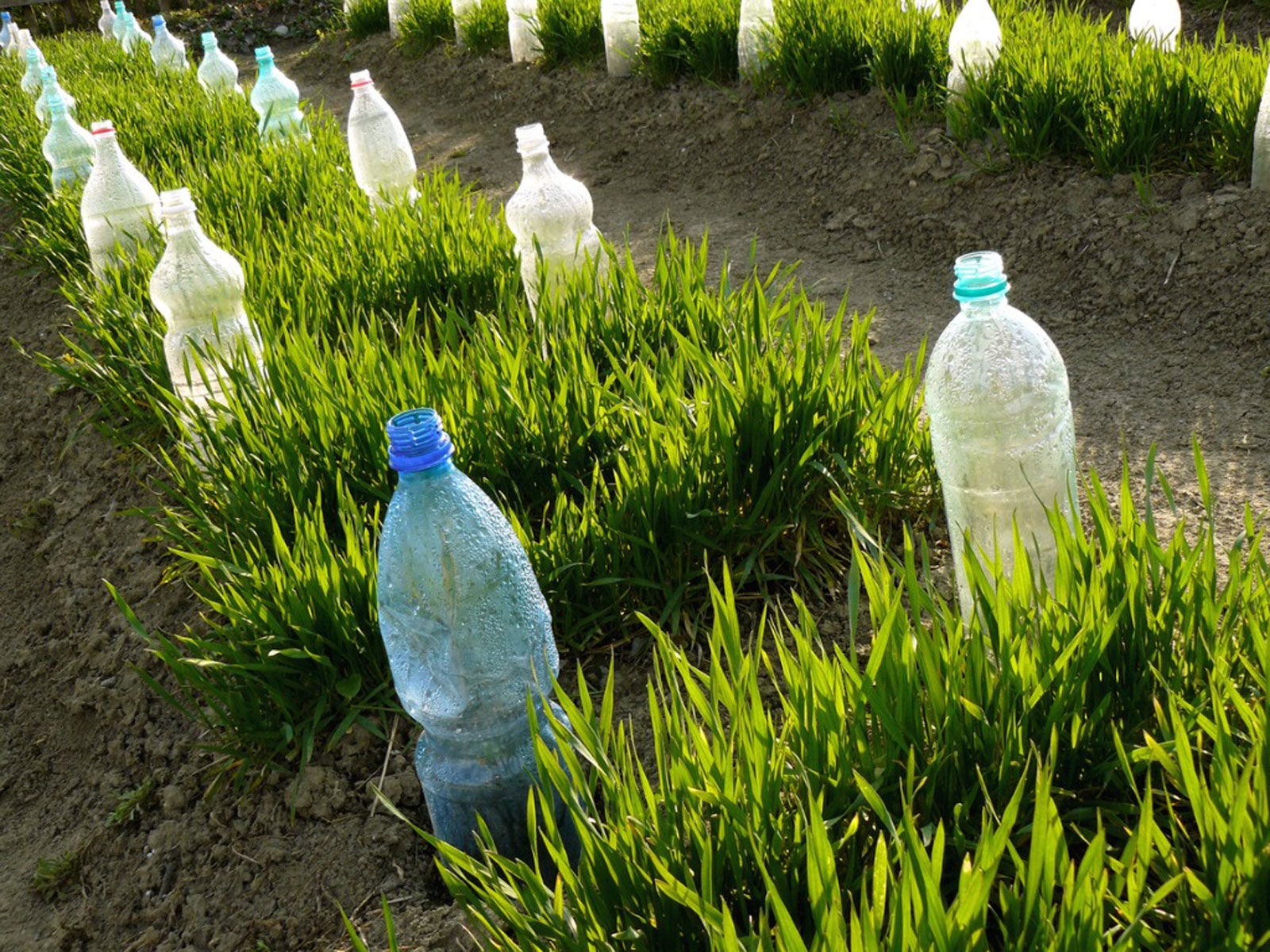Vegetable Garden Tricks And Tips You Should Try

Whether you’re a beginner planting your first garden or an expert at growing most plants, these vegetable garden tricks can ease your growing pains. If you aren’t doing these yet, give them a try. It can’t hurt a thing and you might just find an easier way to grow veggies in the garden, wherever that garden may be. Read on for some veggie hacks in gardening.
Gardening Tips for Vegetables
These garden tricks and tips are sure to make your vegetable gardening endeavors a little easier (especially if you’re gardening on a budget) as well as a little more interesting. While some of these may not work for everyone, experimenting in the garden is part of the fun.
- Garden in a bag — This is a great time saving hack when growing vegetables with shallow roots, and it can save on space too. Simply get a bag of soil and lay flat in desired spot, poke holes on the bottom for drainage, leave a border of about 2 inches (5 cm.) when cutting off the top, and plant directly in the bag. Convenient for small spaces, teaching opportunities, and is virtually weed free. There’s no need for tilling and it can even be placed on a table or raised surface to avoid back-breaking bending.
- Reuse water for plants — When you wash off your produce, either fresh from the garden or store bought, recycle the water in the garden. Soak and rinse the produce in a bucket of water and then use it to water your growing plants. A similar method can be used with leftover water from boiling potatoes or other veggies. Once the water cools, irrigate your plants with it.
- Self-watering bottles — Here are two simple and inexpensive methods to create DIY self-waterers for your garden. This is especially beneficial if you will be gone for a few days, on vacation, or forgetful. Fill up an old wine bottle with water and place upside down in your veggie garden. Water will slowly seep out and keep soil moist. Likewise, you can use a water or soda bottle with holes poked into the bottle and plant it next to your vegetables. Pour water into the bottle and it will trickle into the soil over time.
- Sweeter tomatoes — Some swear by this trick, and others say it doesn’t work. The best way to decide for yourself is to try it out. Supposedly, you can grow sweeter tomatoes by sprinkling the soil around them with baking soda.
- Seed hole makers — If you have several old corks, or know someone who can save some for you, these are ideal for making the perfect little holes to plant vegetable seeds in the garden. Just push them onto the prongs of a pitchfork and then press into the ground. You can also glue them to some type of backing (evenly spaced apart) and press into the ground.
- DIY soil test — So you need to test your garden soil but don’t want to buy a test kit? Check soil pH inexpensively at home with this DIY test. Mix some of your soil with vinegar and, if it bubbles, the soil is alkaline. Mix with baking soda and, if it bubbles, the soil is acidic. No reaction means the soil is neutral.
- Calcium rich soil — To keep from buying overpriced soil that’s been fortified with minerals like calcium, simply crush eggshells into a powder to sprinkle or mix into garden soil next to your tomato plants. This will help add more calcium. You can also add the eggshells to a jar of water and use is as a foliar spray.
- Saving seeds — Use a whisk to scoop out seeds from inside a pumpkin or other large vegetable. Also, when saving seeds from your fresh produce, place them in a glass of water. The good seeds will sink to the bottom while the bad seeds float to the top.
- Metal forks, foil, milk jugs, and cinnamon — Believe it or not, these can all be very useful tools in the garden. Metal forks can be used to easily and efficiently grab and lift weeds from the garden. Foil can be placed around plants (shiny side up) to deter pests. Milk jugs placed over newly transplanted veggies can act as a mini greenhouse. Cinnamon can be used to keep fungus away.
- Out of control climbing plants — With the use of zip ties, climbing and vining plants in your vegetable garden can be controlled with ease.
Sign up for the Gardening Know How newsletter today and receive a free copy of our e-book "How to Grow Delicious Tomatoes".